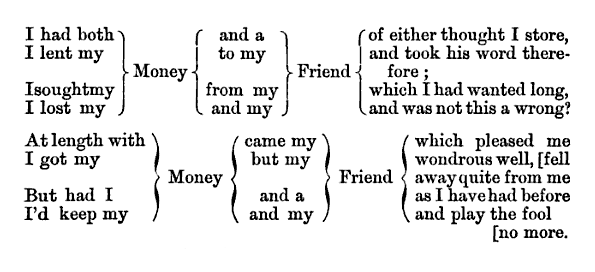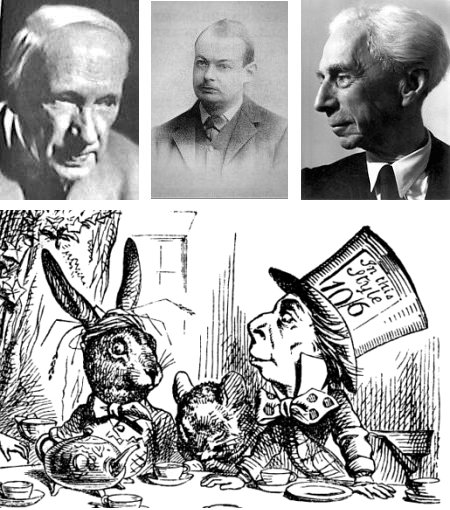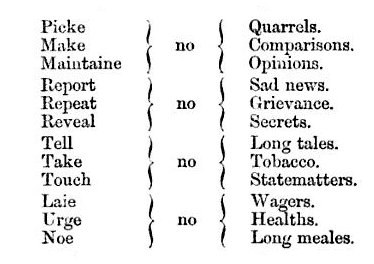In the mid-19th century it was already said that American Smiths would fill Boston Common; Mark Twain dedicated his Celebrated Jumping Frog to “John Smith” in the hope that if every honoree bought a copy, “a princely affluence” would burst upon him. Today more than 3 million Americans share the name.
This has consequences. In his 1950 book People Named Smith, H. Allen Smith reports that a desperate publicist at Warner Brothers founded the Organized Smiths of America in order to confer an award on the undistinguished actress Alexis Smith. He was surprised to find the story picked up across the country, and the awards became an annual event.
In 1942, University of Minnesota graduate student Glenn E. Smith, irritated that his professor’s lectures always centered on characters named James Smith, founded the National Society to Discourage Use of the Name Smith for Purposes of Hypothetical Illustration. Its hundreds of members pledged themselves to confront offenders with a card that read “When you think of Smith, say John Doe!”
But popularity has its limits. Smith himself was once assigned to cover the New York convention of the Benevolent and Protective and Completely Universal Order of Fred Smiths of America. He was impressed at first to find more than 40 delegates, all presumably named Fred Smith — but he lost some respect when “a man named Smith Frederick who sought admission to the banquet hall was permitted to enter walking backward.”








